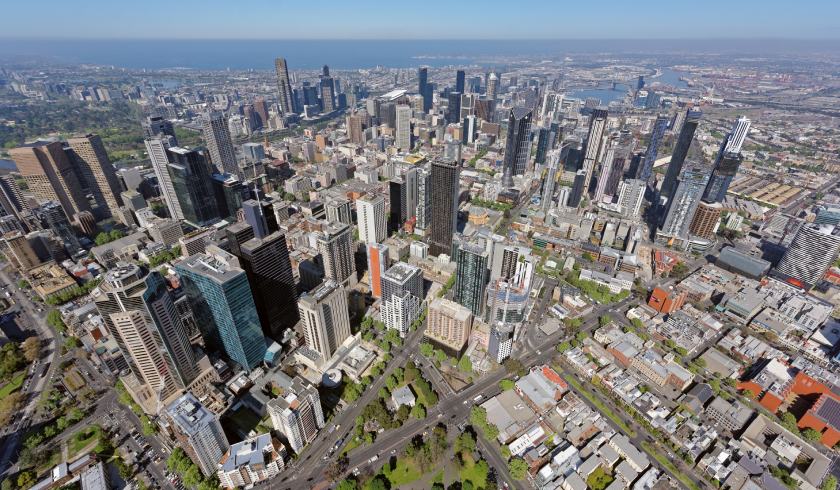Private office landlords brace for more disruption as incentives rise to record highs

COVID-19 has been a catalyst for some unprecedented trends globally, with Melbourne’s office market bearing the brunt of the disruption as a result of Victoria’s prolonged lockdown, which saw entire workforces stationed from home.
And while landlords have had to adopt creative methods to secure tenants, incentives, which are now peaking at record highs, are said to remain throughout 2021 and into 2022, complicating the game for commercial property investors.
According to CBRE’s latest Melbourne office report, prior to the outbreak of COVID-19, Q1 2019 reports registered prime CBD net effective rents at $480 per square metre, which softened by Q1 2020 to $464, before declining another 12.9 per cent on the year to $404 in Q1 2021.
Conversely, incentives have risen significantly, as a mechanism to avoid long-term vacancies, with CBD prime incentives up from 26.83 per cent in Q1 2020 to 36.97 per cent in Q1 this year.
But it’s not just the CBD that is undergoing these extreme changes, Melbourne’s suburban markets, which have been dubbed the city’s Silicon Valley in recent years, have seen net effective rents decline by 9.4 ppts year-on-year to $300 square metre and incentives rise 7.6 ppts to 25.0 per cent in the first three months of this year.
On a more positive note, CBRE is confident growing incentives are beginning to plateau. However, it noted that despite H1 FY21 showing promising signs for Melbourne’s office market, incentives are unlikely to begin to recover until Q1 2022 in the CBD and q2-q3 in metropolitan Melbourne.
“This is due to continued high levels of supply not proportionate to occupier demand, applying upwards pressure on vacancy, which is anticipated to rise further in the CBD to approximately 11.9 per cent by Q4 2021,” the report reads.
“Furthermore, the emerging trend of hybrid working in the immediate future, tenants are more likely to be contracting their office space requirements,” the report continued.
In concluding its findings, the CBRE pointed out the likelihood of a more pronounced impact on private landlords that don’t have the capital depth to compete with the enticing offers of institutions.
